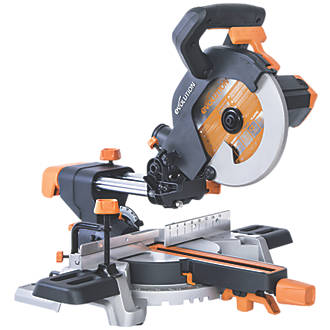Wait, back to the Proxxon FET Table Saw
**LINK**
(7000 rpm, 200w, 6Kg)
I see it can handle blades of 50 mm or 80 mm, with 10mm bore size.
So if I could find a cutting disk that fits that would probably do me.
It looks like this should fit:
"Proxxon 1 x Cutting Disc to suit KGS80 mitre saw 28729"

**LINK**
"Corundum-bound and shatter-proof.
For cutting alloyed and non-alloyed steel, stainless steel and non-ferrous metals.
Also suitable for wood and plastics."
Sounds perfect, no?
(Unless anyone can suggest a table saw better than the Proxxon FET Table Saw??)
EDIT
I'm very tempted by the Rutland "Mini Table Saw" with a 1mm Corundum disc

https://www.rutlands.com/sp+sawing-power-saws-mini-table-saws-mini-table-saw-rutlands+rw1073#nogo
It's obviously no designed to be a metal cutting machine. And I just got an email back from they saying:
"As a unit designed for the hobbyist (craftsman/jewellery maker/etc,) this is not designed for the cutting of steel and attempting to do so even with a specialised blade may put excess strain on the motor causing permanent damage."
But maybe I'll just cut slowly and take my chances. It's only £199, whereas the Proxxon FET Table Saw is nearly twice the cost (£380.98)!
Edited By John Smith 47 on 21/04/2021 15:47:00
 Michael Gilligan.
Michael Gilligan.







